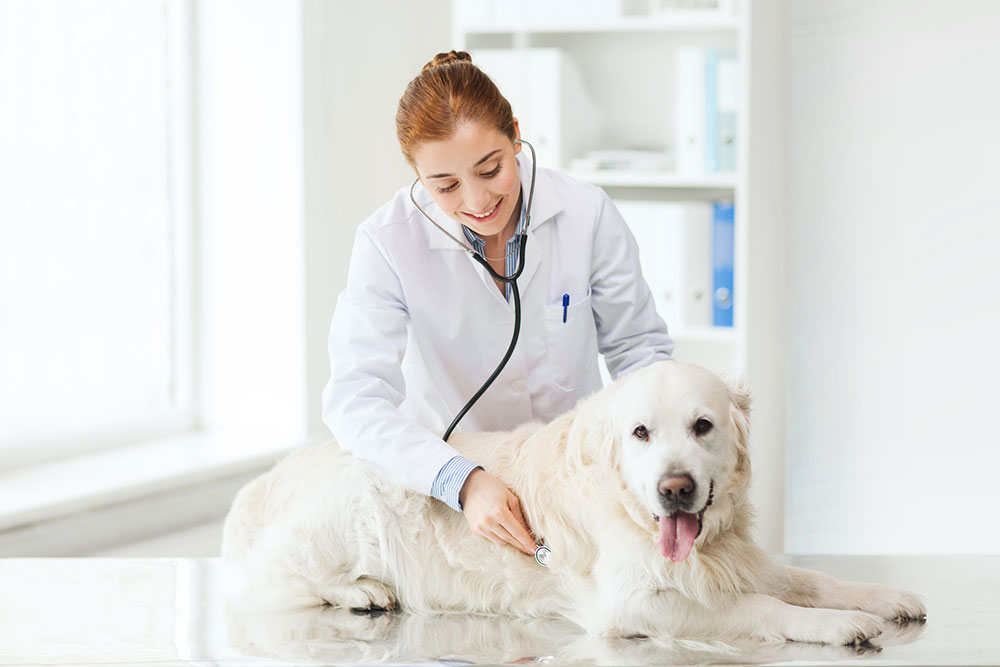
8 Common Symptoms of Food Allergy in Dogs
Food allergies aren’t at all uncommon in human beings. That’s why it’s no surprise that they’re actually pretty typical in cats and dogs. There are all sorts of factors that can trigger food allergies in these cuddly animals as well. Pets sometimes develop food allergies due to their immune systems. Their immune systems may incorrectly pinpoint certain proteins as being threats and launch a histamine attack. There are all sorts of foods that are frequently linked to pet allergies. Chicken, fish, eggs, soy, and beef are all common food allergy culprits in the pet world. Dairy ingredients are also frequently responsible for allergic response in pets. If your pet has any kind of food allergy, it may be in your best interests to educate yourself with regard to hypoallergenic hydrolyzed protein options and beyond. It may also help to learn about grain free diet strategies as well. Grasping hypoallergenic hydrolyzed protein and grain free diet paths may be beneficial for the well-being of your dog or cat.
Here are the most common symptoms of food allergies in pets:
1. Digestive upset
It isn’t unheard of at all for dogs and cats that have food allergies to develop noticeable and unpleasant digestive troubles. If you realize that your pet constantly has loose stools, then a food allergy could be to blame. If you notice that your pet has gas on a frequent basis, then a food allergy could be the culprit behind that as well. Dogs and cats that have allergies may have diarrhea very frequently.
2. Itchiness
Unusual itchiness can signify that a pet has a severe case of ticks or fleas. It can also signify a food allergy. If you see your pet scratching his behind, haunches, neck, or face, seemingly nonstop, then he could have some type of serious food allergy. Look for signs of hives (or small red bumpy rash).
3. Strange licking behaviors
If you see your cat licking herself, she may be in the middle of a normal grooming session. If you see your dog licking himself, then he may be feeling a bit nervous. There are other things that are often related to licking behaviors in pets as well. Feet licking in many situations denotes pet food allergies, bizarrely enough.
4. Inflamed ears
Don’t ignore your pet’s case of inflamed ears. Inflammation can sometimes be traced back to food allergies in animals.
5. Wheezing, coughing and sneezing
Don’t assume that persistent wheezing is the result of a cold. If your poor pet is in the middle of wheezing, coughing and sneezing fits, she may just be dealing with her body’s response to food allergies.
6. Nasal discharge
If your pet’s nose area has discharge, then it could be related to some form of food allergy. Remember, too, that eye discharge can be a big clue for you.
7. Snoring during sleep
It isn’t atypical for cats and dogs to snore as they catch their Zzzs. If your pet snores, however, it may actually be related to a food allergy. Throat and respiratory inflammation may trigger snoring in already allergic pets.
8. Conspicuous swelling of the paws
Pay attention to your pet’s paws. Do they appear swollen? If they do, food allergies could be the reason. It’s also extremely common for pets that have food allergies to bite at their paws all of the time.


